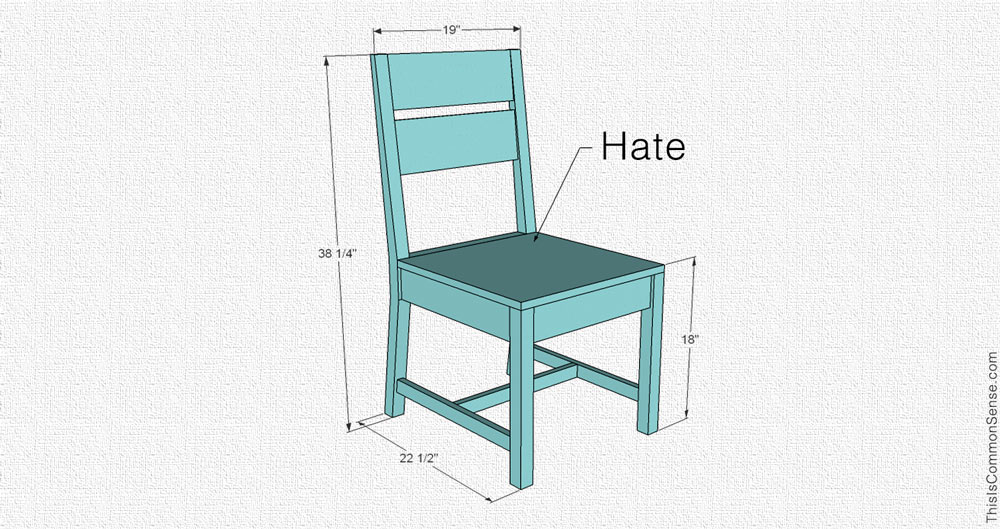Republican politicians, who had been running since 2010 on killing ObamaCare, did not. Not when they had a chance. Despite dominating Congress, they failed, because
- they opted for a goofy way to do it (the House’s AHCA plan being a terrible mess, probably worse than the monster it was trying to replace) and
- partly because the libertarians — along with a few “liberal” Republicans — blocked it in the Senate.
But that’s the olds; here’s the news: the Trump Administration has cut back ObamaCare’s advertising budget.
Progress?
I’m not sure. Maybe. Probably not.
The facts: ObamaCare outreach has been cut by 90 percent, and outsourcing grants to groups engaging in sign-up efforts have been cut by 40 percent:
The Trump administration downplayed the impact of boosted ad spending, noting that during 2017 open enrollment there was a decline of 5 percent in overall sign-ups. It also saw a 42 percent decline in first-time enrollment and enrollment of people who pay their premiums decline by 500,000 people.
So, it seems natural to respond to a perceived decline in “demand” with a reduction in “supply” — or any attempt to drum up more “customers” for subsidized policies.
Also natural is the partisan fall-out, with Democrats crying “foul” over the decided lack of support for their program. As Peter Suderman noted over at Reason, ObamaCare became partisan because it started out partisan.
But it was always — from conception in the Heritage Foundation braintrust* to its current choking gasps — an unworkable monstrosity.
And folks of all parties — and none — should be able to understand that.
This is Common Sense. I’m Paul Jacob.
* Note: the Heritage folks not unreasonably distance themselves from their past association with some of ObamaCare’s core notions, and others are skeptical of the distancing.











